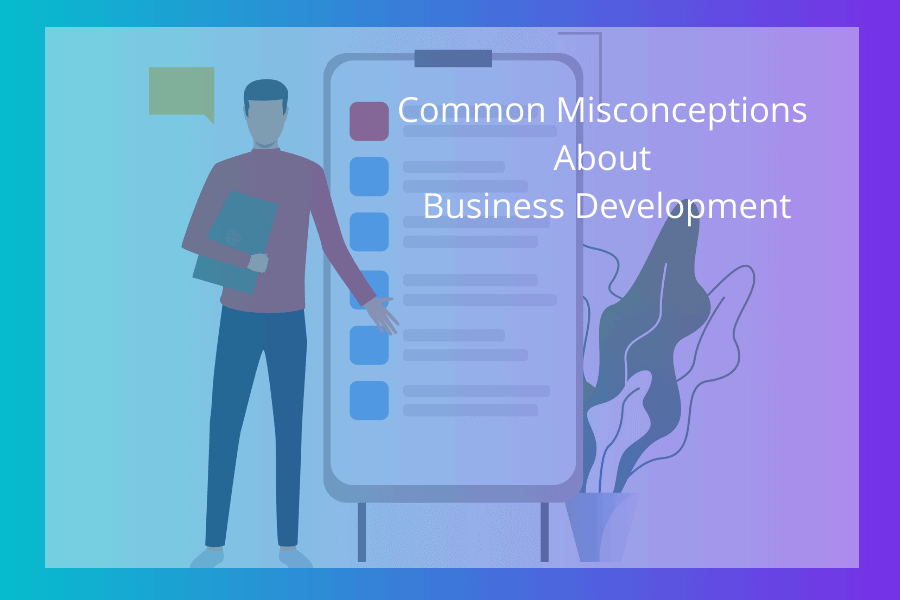Business Development Common Misconceptions:
In this article, we’ll debunk 14 common misconceptions about business,
Myth #1: Business Development is Just Sales:
One of the most significant misconceptions about business
In reality, business encompasses a much broader scope.
While sales is a crucial part of business , it is by no means the whole story.
Myth #2: Business is Only for Big Corporations:
Some may believe that business is a strategy reserved for large corporations with expansive resources.
can benefit from effective business practices.
Myth #3: Business Development is Only About Expanding Geographically:
Business also includes diversifying product lines,
Myth #4: Business is All About Networking:
While networking is undoubtedly an essential part of business ,
Effective business includes rigorous market research,
Myth #5: Business is Only for Established Companies:
Contrary to popular belief, business isn’t solely relevant to established companies.
from a well-thought-out business strategy.

The Truth About Business:
Myth #6: Business is a One-Time Task:
Business professionals continually assess market dynamics,
Myth #7: Business Guarantees Immediate Results:
Some people believe that implementing business strategies will yield instant results.
Myth #8: Business Development is Expensive:
It’s a misconception that effective business requires substantial financial resources.
While some initiatives may incur costs, many aspects of business ,
Myth #9: Business is All About Product Improvement
Myth #10: Business is Solely the Responsibility of a Single Department:
Effective business requires cross-functional cooperation and coordination.
Myth #11: Business Doesn’t Apply to B2B Companies:
Myth #12: Business Development is an Isolated Process:
A holistic approach to business involves synergy among these functions.
Myth #13: Business is a Linear Process:
Flexibility and agility are essential attributes for effective business.
Myth #14: Business is Only About Making Money:
While generating revenue is a crucial aspect of business ,



